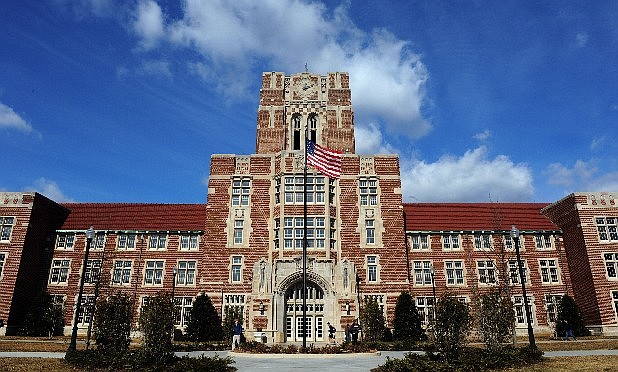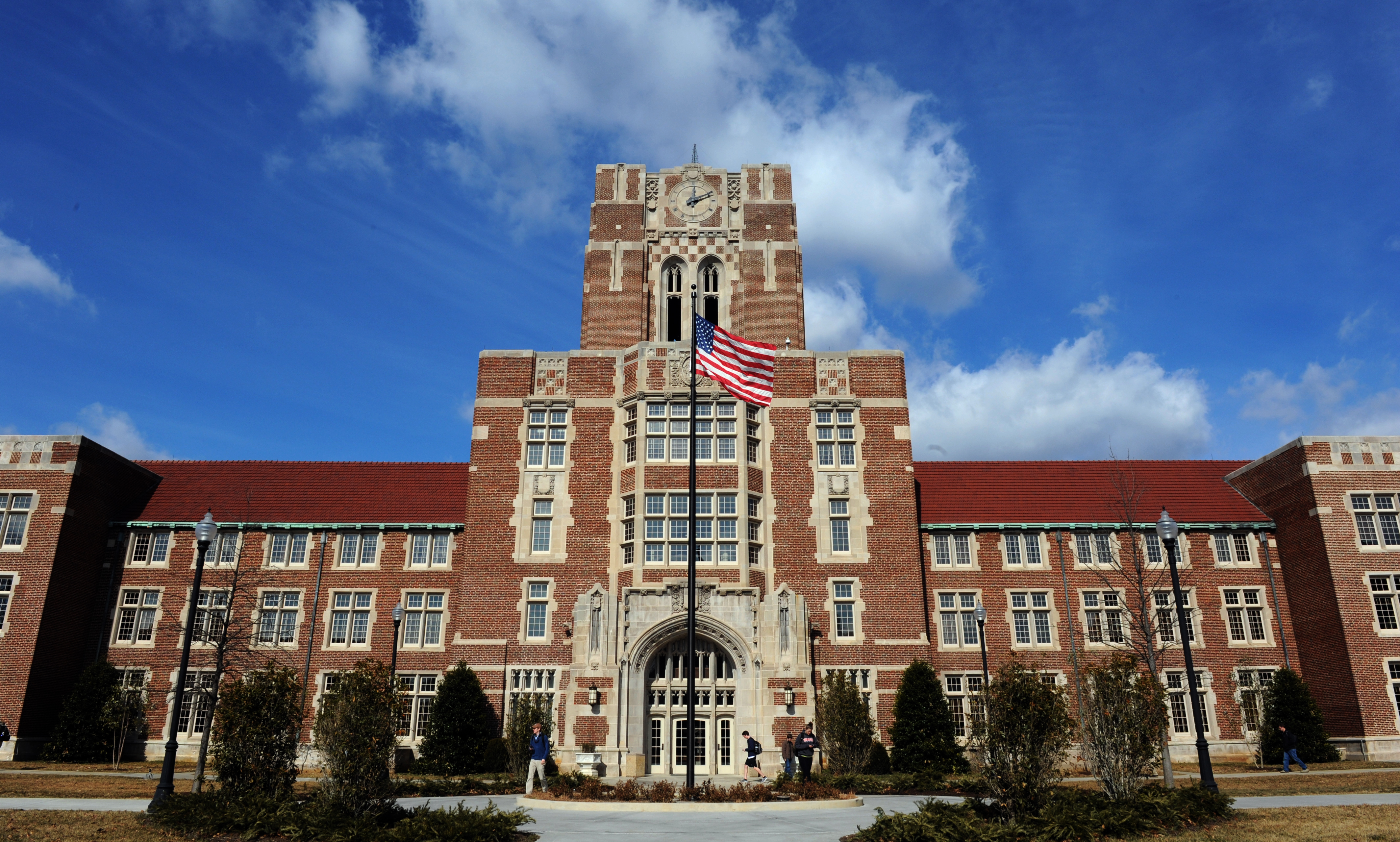College tuition costs again rising in Tennessee
Saturday, June 21, 2014
NASHVILLE - Another year, another round of tuition and fee hikes left leaders of Tennessee's two higher education systems wringing their hands Thursday over flat funding from the state and how to deal with a future where that may not change.
"We've shifted the cost from a public education to more of a private-driven enterprise" where funding increasingly falls on students and their families, University of Tennessee President Joe DiPietro told UT system board trustees. "I'm committed to reversing this trend, but I think we need to go forward and take a hard look at ourselves.
"Frankly," DiPietro said, "we have to look at our whole business model and decide if it's broken or not." He said "We have to develop a plan and build a coalition."
That came shortly before the board, meeting in Knoxville, approved a 6 percent tuition increase for academic year 2014-15 at the University of Tennessee at Chattanooga. Along with it came a raft of student fee increases.
Later in the day, members of the Tennessee Board of Regents' Finance Committee went through the same exercise. Students at Chattanooga and Cleveland state community colleges will see a total 5.2 percent hike in tuition and student fees.
"It's unfortunate that once again a higher share of the cost is being shifted to our students," said TBR Chancellor John Morgan. "We recognize the burden it places on too many students and families."
He said the amount of money spent per student "is actually less today than it was in 1986, but the source of funding to keep our institutions running has shifted away from state dollars and onto our students."
This year, Republican Gov. Bill Haslam was forced to reverse course and cancel planned pay raises and additional money for operations after state revenues fell below projections.
Officials say Tennessee's public higher education system has seen less support as a percentage of support from the state for years. That began well before Haslam.
Today, student tuition and fees come to 49 percent of UT's budget while state appropriations are 39 percent. In 2001, UT tuition accounted for 25 percent of its budget.
At the same time, the state passed a new program in 2010, the Complete College Act, which place more emphasis in terms of funding of retaining and graduating students as opposed to just head count enrollments. But the funding hasn't come through.
UT trustees on Thursday told DiPietro not to get his hopes up too high about persuading Haslam and state lawmakers to provide large sums of money at a time the state faces any number of pressing demands.
"We're not going to fix the problem by thinking ... more funds," said the UT board's vice chairman, Brian Ferguson, a Haslam appointee.
Still, while UT trustees voted for the increase, the chairman of the TBR's Finance Committee, attorney and lobbyist John Farris, said he couldn't bring himself to do that to students. Farris reckoned student tuition and fees have increased by some 40 percent during his tenure.
He voted no. The full board takes up the increases today.
The 6 percent tuition increase at UTC would bring annual tuition for undergraduates up from last year's $6,065 to $6,430 -- a $365 increase. Graduate students' tuition would go from $7,272 to $7,708 -- a $436 increase for UTC students.
Along with that comes at least $218 in fees.
For students at Chattanooga State, tuition and fees for a full load would rise from $3,819 to $4,017. At Cleveland State, they go from $3,773 to $3,971. That's a $198 increase for students at each school.
Contact staff writer Andy Sher at asher@timesfreepress.com or 615-255-0550.

